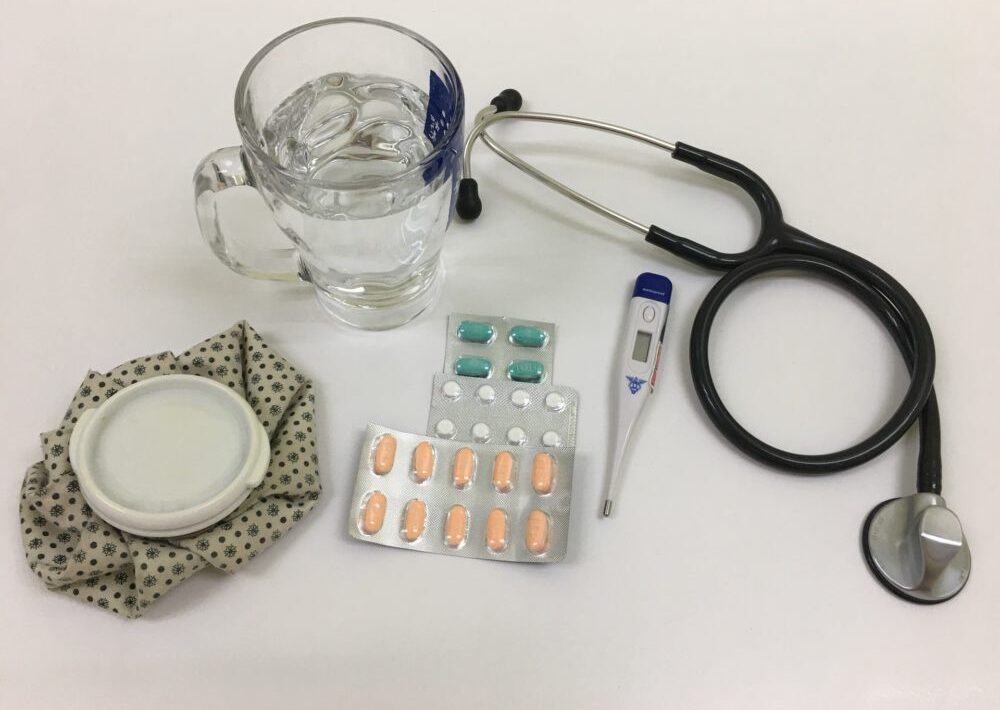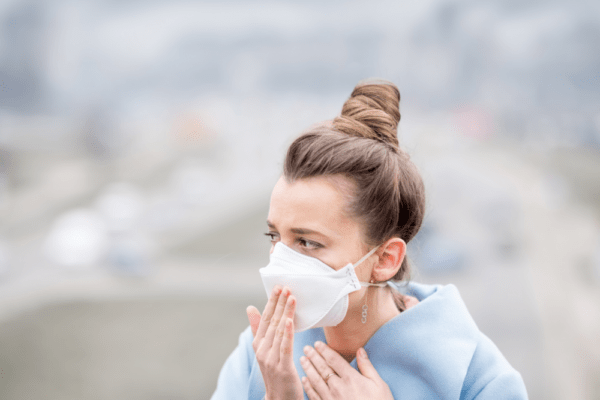Despite nationwide lockdown and other precautionary steps taken to slow the spread of coronavirus, epidemiologists believe that a majority of people will eventually get the transmitted viral disease. However, most people who are infected with Covid-19 experience only mild to moderate symptoms, which can be managed at home.
More doctors are counselling for home treatment for patients with mild symptoms of cough, fever, cold, headache. It is important to have an action plan on hand to prep for the possibility that you may contract Covid-19 or even aid in your recovery if you’ve already tested positive and start to feel mild to moderately symptomatic.
So, while you may have stocked up on food and other essentials for the quarantine period, what to do you when you feel sick?
To begin with, recognize your symptoms. Symptoms for Covid-19 include:
- Fever
- Shortness of breath
- Continuous coughing
- Fatigues or lethargy
- Headaches
- Aches and pain
- Sore throat
If you are experiencing these symptoms, isolating yourself and staying indoors should be your first and foremost step. Practice social distancing even within your home away from other members of your household. Stay in your room with a dedicated bathroom as the risk of transmission is mitigated only if you have a separate room and bathroom.
Looking after yourself at home
Taking it easy, getting complete rest and eating the right things is crucial for recovery. Covid-19 is a viral infection and like most viral infections, treatment is all about comfort and keeping well enough while your body heals. There is no vaccine or immunizations right now to treat Covid-19 if you get infected. But you can treat the symptoms so that you recover as quickly as possible or before the condition gets worse.
Eat right
Eating your way to build stronger immunity is one of the key ways to fight off your symptoms. Load up your diet with foods that contain nutritional value and key vitamins that your body needs. Eating fruits and vegetables high in zinc, vitamin C and other vitamins and minerals would support the body in its functioning. Vitamin C, in particular, supports the activity of our immune cells, especially when they work more than they should during outbreaks.
Furthermore, ingredients like turmeric and ginger contain anti-inflammatory and herbal properties which can again help the body to fight the infection. Both are also very high in antioxidants, with ginger being full of chemicals that fight off cold and relieves stomach-related problems, and turmeric containing hundreds of active chemicals and a great pain reliever.
Stay hydrated
Staying hydrated is crucial, especially if you have a fever. Fevers usually cause sweating, which means loss of water from your body, hence make it a point drink enough water and other liquids like fresh juices and/or coconut water.
Coronavirus symptoms can effect fluid intake and result in dehydration. The National Academies of Sciences, Engineering, and Medicine defines adequate daily fluid intake as 15.5 cups (3.7 liters) of fluids for men and 11.5 cups (2.7 liters) of fluids a day for women, although sick people likely should drink more. (About 20 percent of this fluid intake comes from foods).
Staying hydrated and a healthy hydration level can help your nose by keeping the mucous membrane intact. This could help decrease nasal irritation when coughing, sneezing, and even just breathing. Moisture also helps heal broken membranes so additional bacteria don’t get into the body.
Try breathing exercises
If you are experiencing shortness of breath, try relaxation and breathing techniques, along with meditation. These exercises will help the body to remain calm and get your breathing more regular.
Apart from breathing exercises, if you are already using an inhaler, you might want to use it for the symptoms. Pay attention to how your chest feels and make use of your inhaler to calm your breathing down.
Medication
Painkillers such as paracetamol and ibuprofen have been widely recommended to manage symptoms of Covid-19. However, there have been some concerns regarding the safety of such NSAIDs (non-steroidal anti-inflammatory drugs) for coronavirus. Some medical professionals believe it could increase the risk of the disease than to help treat it. Although, there is currently insufficient evidence to establish a link between use of ibuprofen, NSAIDs and symptoms of coronavirus worsening, authorities like the NHS has recommended against the use of NSAIDs like ibuprofen if they had symptoms of Covid-19.
On the other hand, if you are suffering from asthma or other respiratory condition, it is essential and safe for you to continue to take your routine respiratory medicines. The same applies to any other chronic illnesses you may have, since having conditions like diabetes, heart disease, and immune system disorders place you at higher risk of serious complications from Covid-19.
For cough and sore throat, cough medicines or cough suppressants can be taken to reduce your cough. Throat lozenges and remedies like honey and lemon may also improve a sore throat.
When it comes to antibiotics, it is not recommended for you to take them. Since Covid-19 is a virus, antibiotics will not improve coronavirus symptoms.




